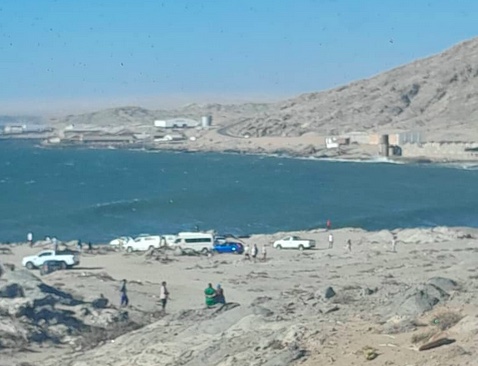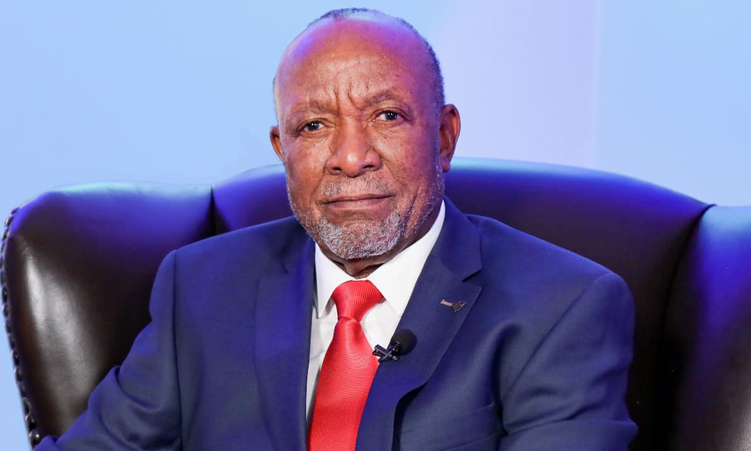Walvis Bay mayor Trevino Forbes finds it “hard to believe” that his municipality does not receive a fishing quota to help the town reach its full potential.
He says the town’s economy is directly impacted by the fishing industry, providing employment opportunities and attracting related businesses and services.
Forbes says the effects of the Fishrot fishing quota corruption case have been detrimental to the town and its residents, leading to a loss of trust, economic instability, a negative social impact, and even death through people taking their lives.
He says it is imperative to address the corruption within the industry to ensure fairness, transparency and sustainable growth.
“A town where one of the country’s richest resources comes from does not benefit directly from fishing. I do not understand that natural resources can be allocated to an individual over benefiting a group.
“It goes beyond me,” he says.
Forbes says hunger is an everyday experience for more than 20% of the town’s population, unemployment among the youth is at 40%, and housing “is a disaster”.
Forbes made these remarks during the annual fishing industry address of the minister of fisheries and marine resources, Derek Klazen, at Walvis Bay last week.
Traditionally, the minister conducts this annual event to engage the fishing industry on matters of mutual concern.
Klazen called for a halt to the ‘Fishrot’ blame game.
“It’s important to make a clear distinction. The case of workers who lost their jobs is separate from Fishrot. These are two different issues.
“Fishrot is a different matter and did not cause the job losses in 2015, which was a labour issue,” the minister said.
“People everywhere are blaming all the problems on Fishrot. Fishrot is not responsible for all the problems,” he said.
The president of the Namibia Fishing Industry and Fisherman Workers Union, Daniel Imbili, said it was concerning to see Walvis Bay “falling apart”, and called on the fishing industry to “rescue” the town.
Executive director of fisheries and marine resources Annely Haiphene defended the ministry’s delayed response of more than five days to stakeholders.
“It’s because 95% of the time we are in boardrooms resolving company issues, because that one is cheating that one and the other one is cheating the other one.
“So corruption is really an issue we need to deal with. And when we talk about corruption, it’s always depicted as if only public officials are corrupt, but it’s not true,” she said.
“We are no longer doing the work we’re supposed to do. We are just quenching the fire all the time in the boardrooms, and this is not good. And I always say this resource is for all of us,” Haiphene said.
Hafeni Ndemula, the deputy minister of labour, industrial relations and employment creation, said there has been a reduction in the number of labour unrest cases from the fisheries sector, compared to previous years.
“Harmonious labour relations and mutual understanding in collective bargaining will promote productivity that leads to economic growth and improve the livelihood of our workers,” he said.
Ndemula said his ministry is committed to ensuring harmonious labour relations through tripartite consultations and collective bargaining.
He urged companies to observe the occupational safety and health of all their workers.
Haifene reminded the companies benefiting of employment redress to honour their responsibilities, calling on them to ensure that quarterly reports are produced.
Stay informed with The Namibian – your source for credible journalism. Get in-depth reporting and opinions for
only N$85 a month. Invest in journalism, invest in democracy –
Subscribe Now!







